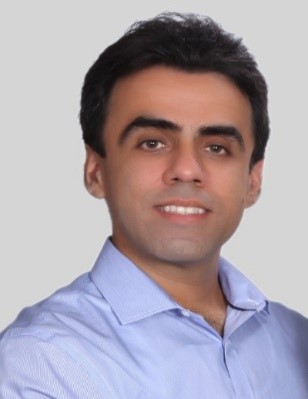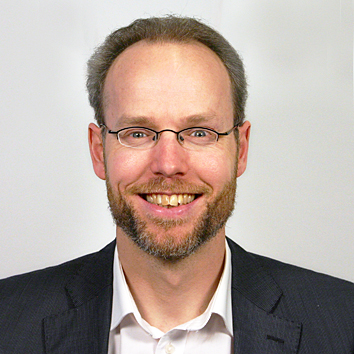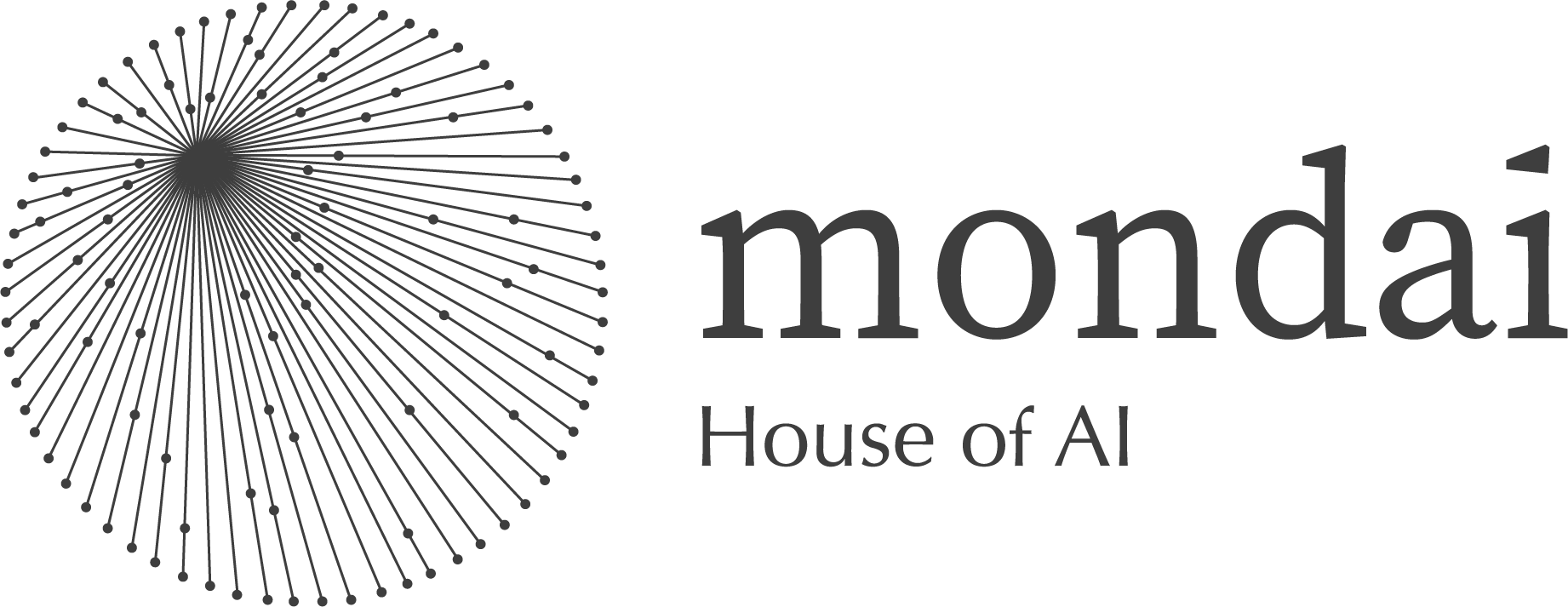
AI for Crisis Response and Climate Security
mei 9, 2023 - 12:30 - 16:30
AI for Crisis Response and Climate Security: Opportunities, Challenges and Future Directions
(De voertaal van dit event is Engels)
Over the past decade, we have been confronted with floods and storms, pandemics, and conflict. At the same time, AI has undoubtedly changed the way humans interact and make decisions. As such, AI holds substantial promise for understanding and mitigating some of the world’s ‘super-wicked problems’, e.g., the climate crisis, pandemics, or food security. For instance, AI is used to analyse the damages resulting from earthquakes or storms to better allocate resources and plan the recovery; to predict how people move in disaster affected areas, or how human mobility will contribute to the spread of a virus; and to forecast the needs of a disaster-affected population for food, water, shelter, or financial assistance. However, decisions in disasters are characterized by high levels of complexity, uncertainty, and different moral dilemmas that any AI has to account for. At the same time, crisis decisions are often urgent. We know that under time pressure and when the stakes are high, decisions are prone to a range of cognitive biases.
In this workshop, we aim to unpack the main opportunities, challenges, and to explore the ways forward to design, develop and use AI for Crisis Response and Climate security. Our aim is to connect researchers, policy-makers, and practitioners active in this domain, and to develop a joint research agenda.
Programme
12.30-13.30 Networking lunch
13.30-15.00 Inspiration session
We explore different application fields, and gain insights from the practice of AI research and use. Our speakers are:
Crisis Response: Dr. Ali Mostafavi, Zachry Career Development Associate Professor, Civil & Environmental Engineering, Texas A&M
Climate Security: Thomas Baar, Lead for the Integrated Food Security Phase Classification, FAO
Forecast-Based Financing & Vulnerability Assessment: Marc van den Homberg, Lead 510.Global
Geospatial AI: Thijs Oosterhuis, Earth Observation Application and Processing Expert at Space4good
15.00-15.30 Coffee Break
15.30-16.30 Interactive workshop
We co-create our joint agenda to make headway in developing responsible AI for crisis response and climate security in two rounds:
Identify research questions and research needs from academia, policy and practice
Cluster and prioritize research topics
16.30 Closing & drinks
Speakers
 Ali Mostafavi – The Next Big Leap: How AI and Data Science Can Transform Disaster Resilience Research and Practice
Ali Mostafavi – The Next Big Leap: How AI and Data Science Can Transform Disaster Resilience Research and Practice
is a Zachry Endowed Associate Professor in the Department of Civil and Environmental Engineering at Texas A&M University. He is the Director of UrbanResilience.AI Lab whose research focuses on creating advanced computational models and data science algorithms to advance smart and equitable resilience to crises. His research program integrates advanced machine learning and complex systems-based computational modeling into infrastructure resilience assessments in order to understand and predict complex interactions in the nexus of humans-disasters-built environment. In his talk Ali Mostafavi will expand on using AI for smart crisis response and resilience: how can research on combining community-scale big data with deep and machine learning models improve the ability of a city to withstand disruptions and rapidly recover from crises.
 Thomas Baar – A Global Food Crisis: Modelling and Uncertainty
Thomas Baar – A Global Food Crisis: Modelling and Uncertainty
is a product development manager at the Integrated Food Security Phase Classification (IPC). He is responsible for coordinating the IPC Digital Innovation Agenda, which focuses on modelling and consensus building in support of the IPC analysis process. In addition, he coordinates the design and roll-out of the new IPC Analysis Platform. The IPC Analysis Platform will support analysts and facilitators in conducting and communicating the IPC analysis process more efficiently and effectively. Simultaneously, it will provide an enabling infrastructure for further digital innovation and the integration of validated technologies into the IPC. In his talk Thomas Baar will showcase how AI is improving the analysis process of the Integrated Food Security Phase Classification (IPC), and he will discuss the link between automated and human decision-making.
 Marc van den Homberg – Artificial Intelligence and Big data for disaster risk management: opportunities and challenges for the Red Cros Red Crescent Movement
Marc van den Homberg – Artificial Intelligence and Big data for disaster risk management: opportunities and challenges for the Red Cros Red Crescent Movement
is the scientific lead of 510, an initiative of The Netherlands Red Cross. 510’s mission is to shape the future of humanitarian aid by converting data into understanding and supporting humanitarian relief workers, decision-makers, and people affected so that they can better prepare for and cope with disasters. His research concerns improving preparedness and response to natural hazards and complex emergencies through data-driven risk assessments, impact-based forecasting, information management, and governance mechanisms. He leads the collaboration with academia and supervises MSc/PhD research about 510’s projects with over 40 African and Asian National Red Cross societies. Marc is an Advisory board member of WMO The High-Impact Weather Project (HIWeather) and IFRCs Early Action Protocol Validation Committee. Before 510, Marc was the leader and co-founder within TNO, the Netherlands Research and Technology Organization, of the ICT for Development (ICT4D) team with which he implemented pro-poor ICT innovations. In his talk, Marc will show examples of 510’s use-inspired research on AI and big data for disaster risk management while considering data gaps, accountability, and explainability.

